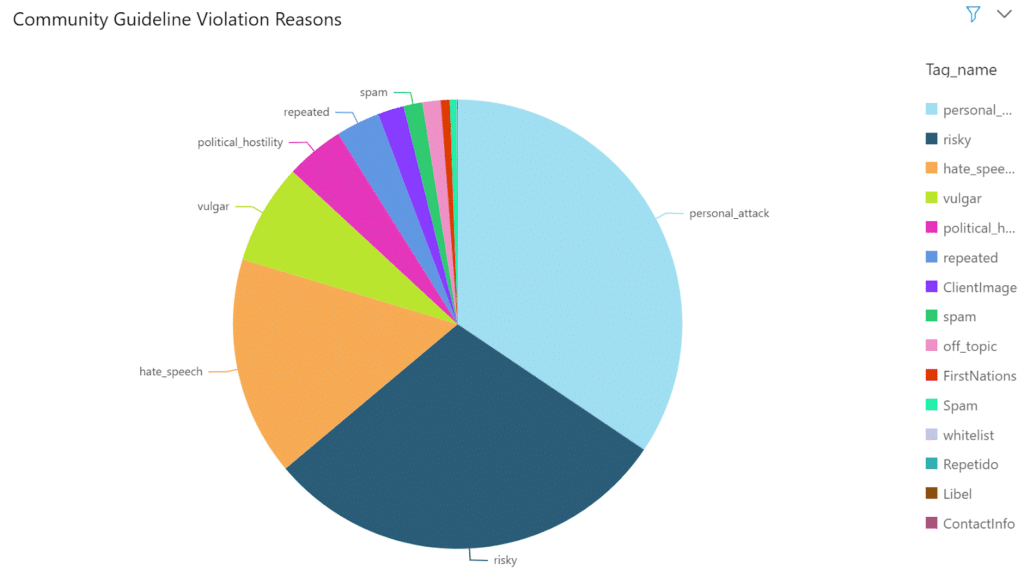The past seven days have seen a lot of chatter within the media and publishing industry. The many news stories and reports that have been revealed will have a significant impact on the industry moving forward, including:
- The many creative ways publishers are using first-party data to better understand subscription behaviors, and implement initiatives to reduce churn
- How publishers continue to compete with social media players
- The major successes email publishers are experiencing by allocating more resources towards building and growing subscription referral programs
To learn more and stay up to date with the latest and greatest industry news from the past week, read the details below.
Media Companies Experiment to Decrease Subscription Churn
Schibsted Media Group has decreased the amount of customers who cancel subscriptions by pioneering a seemingly counterintuitive sales model. This model makes it easy for consumers to cancel subscriptions, but at the same time, convinces them why it’s worth keeping. Emphasizing the utility of the product and giving users the power to make their own choices has dramatically increased Schibsted Media Group’s subscriber engagement. In addition, the company has turned the cancellation process into an educational experience by providing users with more information on how they benefit from their subscription.
Apple is another company that recently recognized a missed opportunity to improve subscriber retention. After looking at their data to understand where subscribers were most likely to drop off, they implemented a new billing feature for subscription apps. Referred to as a billing grace period, users are given more time to address auto-payment issues before they are cut off from paid content.
Many publishers are also increasing their ad spend as a way to reach more potential subscribers. The goal is to lead users to content that requires registering through a paywall. Publishers are trying to make the best use of their subscription data by creating digital marketing campaigns that focus on targeting audiences with similar characteristics as their current subscriber base. That way, they can attract and keep new audiences.
The Battle Between Publishers and Social Media Continues
With Facebook preparing to launch a human-curated “news tab” this month, publishers are becoming increasingly threatened by social media.
The industry has long argued against not getting a cut of the revenue that social platforms make from sharing their content. Additionally, a report from the Wall Street Journal revealed that Facebook will only be paying a small handful of the publishers for content that’s shared in its human-curated news tab.
This week, Publicis’ Zenith Media published Advertising Expenditure Forecasts, revealing that social media has overtaken print in ad spend for the first time ever. That growth will expand social media’s share of global ad spend to 13%, making social media the third-biggest ad channel behind TV (29%) and paid search (17%) in 2019.
Although publishers face major challenges with the increasing popularity of social media amongst their target audiences, consumers are becoming increasingly skeptical and distrusting of the quality of news they receive through these platforms. This declining trust in social media poses a huge opportunity for publishers to focus on building civil social experiences on their own platforms. There’s still a demand for meaningful news, information and entertainment that publishers can provide as a counterbalance to the “fake news” on social media.
A new survey asked 1,200 adults about their thoughts on media, privacy and trust. The results found that 86% of people believe there’s a “fake news” problem that continues to grow in the market. Additionally, 66% of people said data-privacy concerns affected their trust in social media.
Leveraging the Power of Email Referral Programs
Since people love free stuff, some email publishers have started giving their readers free perks as a way to grow their subscription lists. Morning Brew, The Hustle and TheSkimm are prime examples of email-based publishers who have established referral programs that encourage subscribers to get their friends to sign-up to newsletters.
The programs now account for a significant chunk of year-over-year email list growth. The Morning Brew, which launched its referral program in 2017, now has 1.6 million subscribers to its daily newsletter. The publisher attributes 35% of its newsletter audience growth to the referral program.
The Hustle, which used referral programs to promote both its free daily newsletter and paid products, created its first version of the program in 2015 to sell event tickets. Because the referral program grew their email list so significantly, they launched a newsletter business the following year to capitalize on the growing audience. The referral program now accounts for about 10% of growth towards the The Hustle’s newsletter list and has over 10,000 subscribers, who have each referred at least four other sign-ups.
TheSkimm, which introduced email referrals through word-of-mouth call-to-actions in 2012, now credits 20% of its newsletter growth to the publisher’s referral program. The program is so strong that the newsletter publisher has more than 30,000 Skimm’bassadors, which are community members that have referred 10 or more people to sign up for the daily newsletter.
Results have shown that subscribers are willing to refer a publisher when offered anything from branded T-shirts and stickers, to exclusive content or contests. Although these programs can require quite a bit of budget allocation for gifts or prizes, the cost of retaining a customer or increasing loyalty significantly outweighs the short-term expenditure.












